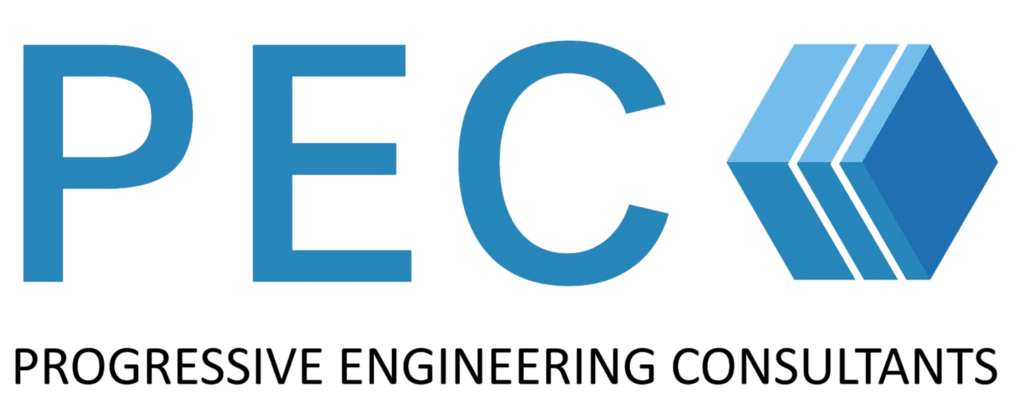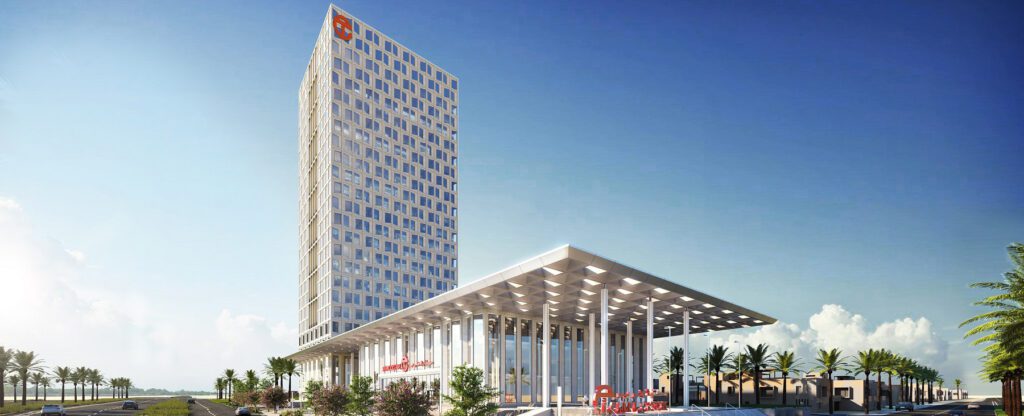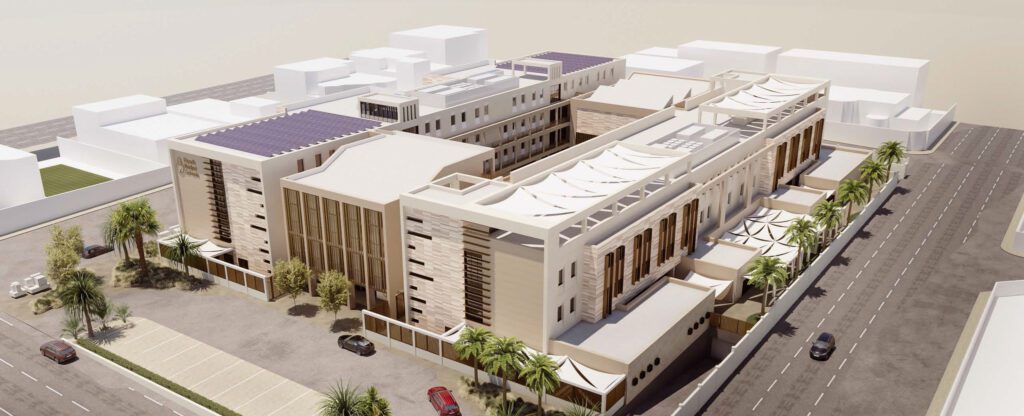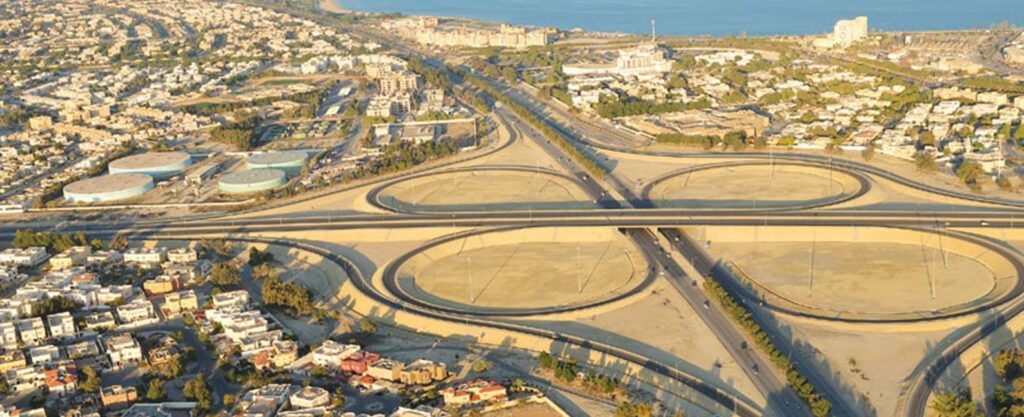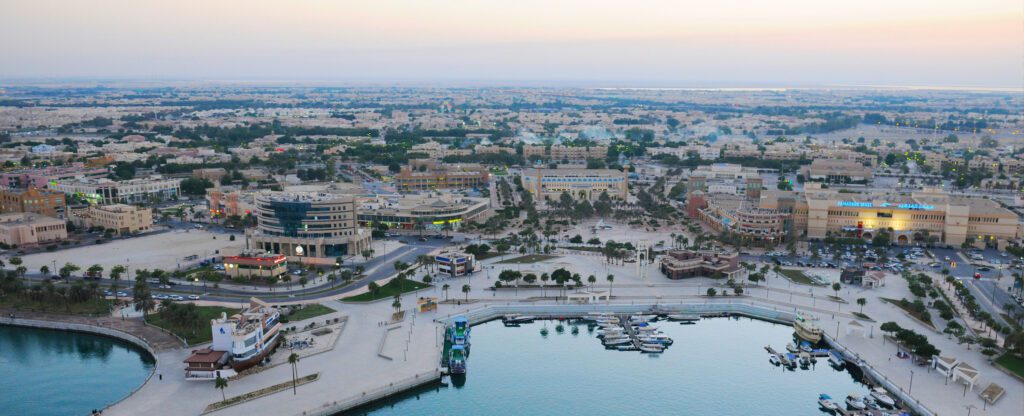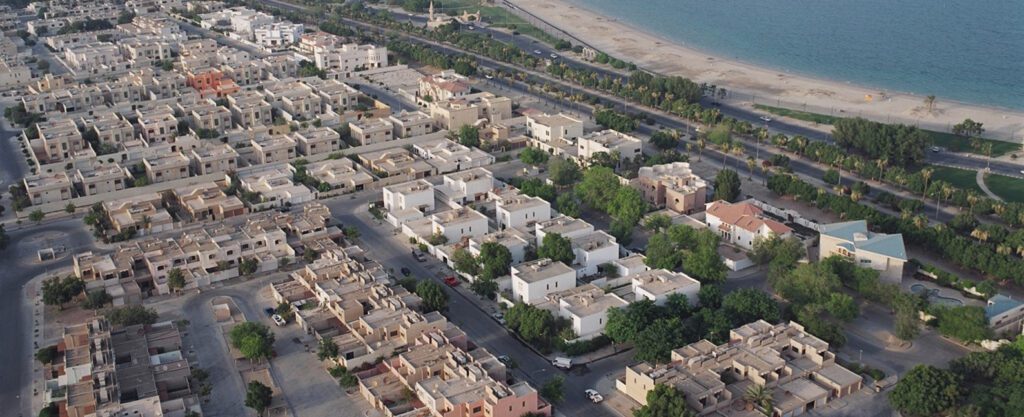At Progressive Engineering Consultants (PEC), we recognize that transportation services form the backbone of thriving economies and prosperous communities. Whether we are designing intricate highway interchanges, planning urban road networks, or assessing the potential impacts of new development projects, our work reflects a commitment to engineering excellence, sustainability, and public safety. From Khobar engineering services to large-scale initiatives across Saudi Arabia and throughout the Middle East, PEC stands ready to deliver infrastructure development solutions that accommodate present-day demands and anticipate future mobility trends.
In the sections below, you will find a comprehensive overview of our transportation service offerings, the benefits they provide, and how these services align with broader socioeconomic objectives. Our specialized teams handle everything from highway engineering and traffic management to sediment transport analysis and public transit planning, all within a rigorous framework of quality control and regulatory compliance.
Integrated Highway & Road Network Solutions
Highway Design & Interchanges
A well-designed highway system is essential for regional connectivity, trade, and everyday commuting. At PEC, our highway engineering team conducts feasibility studies, analyzes traffic flow, and develops interchange geometries that ease congestion and enhance driver safety. We apply international design standards alongside local regulations, ensuring minimal environmental impact and robust economic performance. By carefully balancing right-of-way constraints, traffic projections, and safety features—such as guardrails, medians, and intelligent signage—we deliver highways optimized for longevity and user experience.
Roads Network Design
Comprehensive roads network design is a key element of efficient urban planning. Our engineers consider population density, land use patterns, and projected growth to determine the appropriate network hierarchy—ranging from arterial roads to local streets. We utilize advanced simulation tools to test various layout scenarios, identifying optimal alignments and lane configurations. This approach allows us to enhance accessibility for both motorized and non-motorized users, fostering safer, more inclusive communities.
Pavement Structural Design
Selecting the right pavement structure is vital to reduce maintenance costs, extend road service life, and ensure driver comfort. PEC’s pavement structural design process integrates load distribution analyses, subgrade assessments, and climate considerations to specify ideal thicknesses and materials. Our strategies may involve flexible (asphalt) or rigid (concrete) pavement design—or a hybrid—depending on traffic volume, environmental conditions, and budgetary parameters. Through rigorous modeling and testing, we help our clients minimize life-cycle expenses while maintaining high-quality road surfaces.
Optimizing Traffic Flow & Safety
Traffic Impact Assessment Studies
New developments—such as shopping centers, industrial parks, or residential complexes—can place additional strain on existing road networks. Traffic Impact Assessment (TIA) Studies quantify these effects by examining peak-hour demand, intersection capacities, and potential bottlenecks. Our experts then propose mitigation measures, which may include signal timing adjustments, additional turning lanes, or even alternative intersection designs. By proactively evaluating and managing traffic volumes, PEC helps local authorities and private developers support smoother mobility, maintain safe operational conditions, and adhere to Saudi Arabia engineering consultancy standards.
Parking Studies
Parking availability and management profoundly influence traffic flow and user experience in urban areas. PEC’s parking studies involve surveying current usage patterns, forecasting future demand, and devising efficient parking layouts or structures. We also analyze circulation routes within parking lots to reduce vehicle conflicts and optimize entry/exit points. Where applicable, we incorporate emerging technologies such as sensor-based guidance systems or automated payment terminals, bolstering both convenience and revenue-generation potential.
Traffic Signage
Clear and consistent traffic signage is pivotal to driver awareness and road safety. Our team develops signage plans that comply with regional and international guidelines, placing signs at locations and heights that maximize visibility. We balance static signs with dynamic message signs for real-time updates on speed limits, congestion alerts, or weather advisories. This integrated approach to traffic management significantly reduces accidents, ensures smooth vehicular movement, and enhances public trust in local road authorities.
Mathematical Modeling & Simulation
To anticipate congestion hotspots and test potential interventions, PEC employs mathematical modeling and micro-simulation software—such as Vissim or Aimsun. These tools allow us to replicate driver behavior, intersection performance, and route choices. By adjusting variables (lane usage, signal timing, traffic incidents) within the simulated environment, our engineers identify the most effective traffic management strategies. This forward-looking technique saves time, lowers costs, and provides a data-driven blueprint for road network optimization.
Bridges, Tunnels & Special Structures
Tunnels
Tunnels offer transformative solutions for congested urban areas or challenging terrains. Whether boring through mountains or navigating below busy city centers, PEC’s tunnel experts focus on geological analysis, excavation methods, ventilation systems, and emergency protocols. We design these subterranean pathways to ensure structural stability, maintain air quality, and incorporate robust fire safety standards. By integrating advanced lighting, intelligent traffic monitoring, and real-time incident response systems, we deliver safer, more efficient tunnel infrastructure.
Bridges & Special Structures
Bridges, viaducts, and overpasses form critical links in any Middle East transportation solutions package, particularly where water bodies, valleys, or existing highways must be traversed. PEC’s structural engineers draw on global best practices to design special structures that blend aesthetic appeal with unparalleled resilience. Using finite element analysis, wind-tunnel testing, and seismic design considerations, we accurately predict load distributions and material performance. We also specialize in rehabilitation and retrofitting older bridges, extending their operational life and optimizing overall asset management.
Sediment Transport Analysis
Infrastructure that intersects rivers, coastal zones, or floodplains must account for sediment dynamics. Our sediment transport analysis evaluates how water flow and sediment deposits affect foundations, piers, or channel stability. By understanding erosion patterns and sedimentation rates, we can devise protective strategies—such as riprap placements, scour countermeasures, or ongoing dredging programs—to safeguard structures against degradation. This scientific rigor ensures that our bridge and tunnel designs endure shifting natural conditions, mitigating long-term repair costs.
Public Transit & Sustainable Mobility
Public Transit Networks & Stations
As cities aim to reduce congestion, decrease pollution, and offer equitable transport options, public transit systems become increasingly essential. PEC offers full-service planning for bus rapid transit (BRT), light rail transit (LRT), and multimodal hubs, accommodating everything from route mapping to station design. We integrate passenger flow analyses, station accessibility features, and real-time information systems to create a seamless commuter experience. By collaborating with urban planners, local communities, and various stakeholders, we help shape sustainable mobility networks that alleviate the strain on roads and benefit the broader public.
Integration with Urban Development
Transit-oriented development (TOD) is a strategic approach that clusters housing, commerce, and recreation around public transit nodes. PEC ensures that station layouts, pedestrian walkways, and feeder bus routes are well-coordinated, effectively bridging the gap between urban development and mobility. This alignment encourages ridership growth, supports local businesses, and enhances property values, making public transit solutions a cornerstone of balanced economic progress.
Emphasizing Safety, Sustainability & Innovation
Environmental Considerations
Every transportation project carries environmental implications, from land clearing to changes in air quality. At PEC, we are mindful of these factors and seek to minimize ecological footprints by integrating green infrastructure techniques—like stormwater retention ponds, noise barriers, and landscaping. We also explore renewable energy options for powering lighting systems and public transit stations. By demonstrating environmental stewardship and compliance with local regulations, we foster resilient transportation networks that align with today’s sustainability goals.
Safety Protocols & Standards
In line with recognized guidelines—such as AASHTO (American Association of State Highway and Transportation Officials) or relevant Eurocodes—our infrastructure development projects emphasize robust safety measures. We incorporate traffic calming elements, pedestrian crossings, and cyclist lanes to promote multimodal safety. Through well-defined traffic management plans during construction and operation, we reduce the risk of accidents, protect workers, and limit public inconvenience.
Smart Transportation & Future Trends
The global push toward connected and autonomous vehicles, shared mobility, and intelligent transportation systems (ITS) signifies a paradigm shift in traffic management. PEC remains at the forefront of these developments by offering design and consultancy services that integrate sensors, adaptive traffic signals, and real-time traveler information apps. These emerging technologies not only boost efficiency but also enable authorities to make data-driven decisions about route planning, congestion pricing, and emergency response.
Coordination with Other PEC Services
Water & Environment
Transportation corridors frequently intersect with watercourses, wetlands, or flood-prone areas. By collaborating with our Water & Environment division, we incorporate effective drainage systems, erosion control measures, and flood protection strategies directly into road or rail designs, minimizing the potential for costly retrofits and preserving natural habitats.
Buildings & Urban Development
Road and highway expansions often coincide with new urban development projects, requiring careful alignment with commercial, residential, or industrial complexes. Our integrated approach ensures that road networks, parking facilities, and public transit stations harmonize with the surrounding built environment, delivering cohesive growth that enhances community livability.
Energy & Project Management
Reliable energy supply and robust project management are essential underpinnings for large-scale transportation initiatives. By engaging with our in-house teams responsible for power distribution, renewables, and contract oversight, we maintain a seamless flow of resources and communications. This synergy reduces delays, streamlines financial planning, and ensures that strict quality standards are met.
Commitment to Quality Assurance & Lifecycle Support
Regulatory Compliance & Code Adherence
Whether in Khobar or elsewhere in the Middle East, PEC meticulously follows local and international codes throughout each project stage. Our familiarity with environmental regulations, construction permits, and safety guidelines underpins our status as a leading Saudi Arabia engineering consultancy firm for transportation solutions.
Health & Safety Measures
The well-being of our workforce and the public is paramount. We enforce comprehensive HSE (Health, Safety, and Environment) protocols on construction sites, conduct routine audits, and implement accident prevention measures. These standards remain equally important during the operational phase of transportation facilities, ensuring ongoing user safety.
Operations & Maintenance (O&M)
Long-term functionality is a hallmark of PEC’s transportation services. Through detailed O&M manuals, training programs, and periodic inspections, we help clients maintain roads, tunnels, and transit systems in optimal condition. This reduces unplanned closures, extends asset lifespan, and maximizes return on investment.
Upgrades & Future Expansion
Infrastructure must adapt to population changes, evolving technologies, and shifting economic priorities. To accommodate these factors, PEC offers planning and engineering support for future network expansions, system modernizations, and advanced control enhancements. These proactive measures allow clients to stay ahead of regional mobility demands.
Conclusion
By combining highway engineering, traffic management, public transit solutions, and emerging smart technologies, PEC delivers transportation services that empower communities and support sustainable development. Our methods encompass every stage of a project—from feasibility studies and design to construction management, long-term maintenance, and potential expansion. Underpinned by a strong commitment to environmental responsibility, safety, and innovation, PEC positions itself as a trusted partner for Khobar engineering services, Saudi Arabia engineering consultancy, and Middle East transportation solutions.
Contact us today to discover how PEC can tailor a comprehensive transportation strategy for your next project. With an emphasis on stakeholder collaboration, resilient infrastructure design, and forward-thinking practices, we are prepared to guide you toward a future where mobility drives economic vitality and enhances the quality of life for all.
